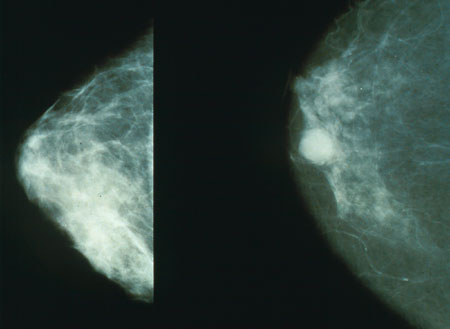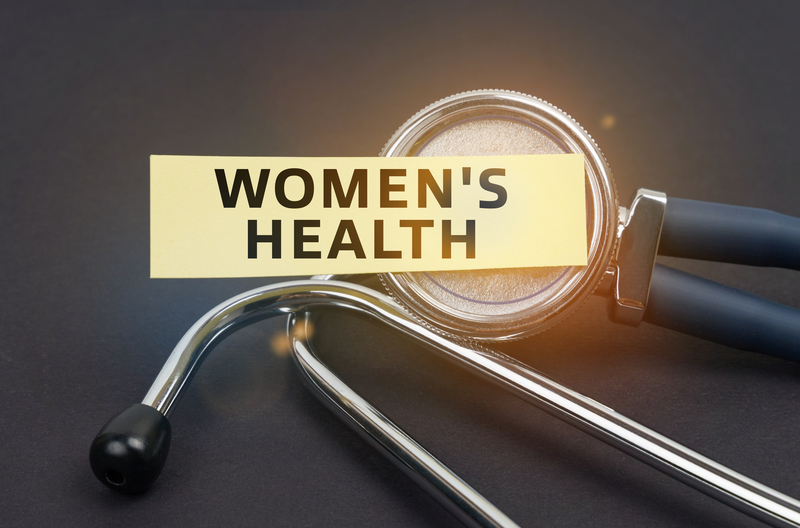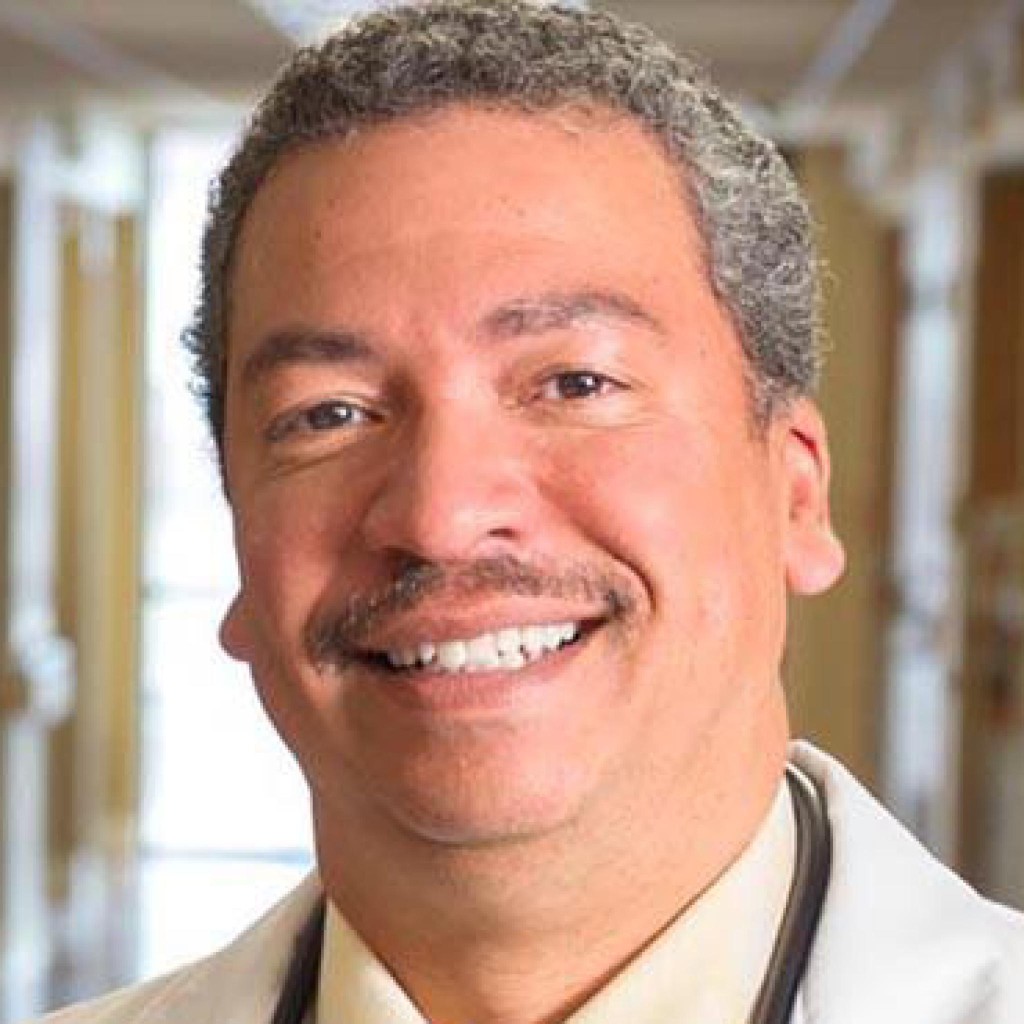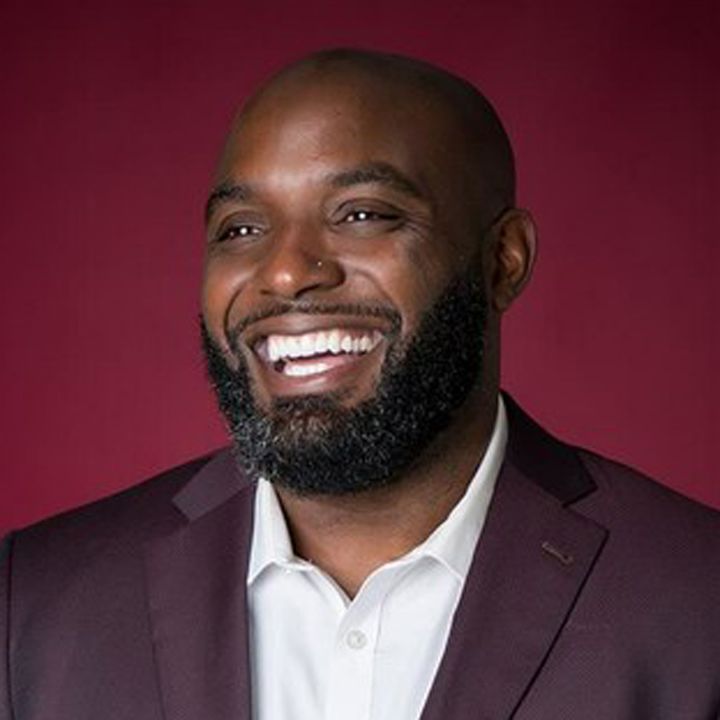Getting Breast Cancer Less, But Dying From it More
Black women get breast cancer less often than White women yet they die from breast cancer at a much higher rate. How is that? They get breast cancer less, but die from it more? This fact is a “classic” health disparity: get less cancer, but die from it much more. Nationally, African American women were 43 percent more likely to die from breast cancer than their White American counterparts.
A study conducted by the Southwest Oncology Statistical Center involving almost 20,000 cancer patients found that African American patients with sex-specific cancers such as breast, ovarian, and prostate, still had worse outcomes even when controlling for uniform stage, treatment, and follow-up. However, this does not mean that we are powerless to change these results, because we are not. We have seen that stopping smoking in the Black community has lowered our risk for lung cancer from the worst to the second worst. And we’re not done.
More Mammograms Find Cancer Earlier
For breast cancer, studies have shown that increased mammography, chemotherapy, and hormone therapy (if indicated) can lead to decreased death. In short, if we take advantage of the prevention and treatment measures available, we can change and extend lives. Black women should make a point of getting annual mammograms starting at age 40. A mammogram flattens the breast in order to take an x-ray, and then the radiologist looks closely for small differences from the prior mammogram. The true value of mammograms is comparing the image to a prior “normal” mammogram that you have last year. You would never wait to feel a lump to get tested. Mammograms find abnormalities much earlier than you would feel. That’s why breast exams are not nearly as valuable as a mammogram.


The flattening of the breast doesn’t cause cancer spread (as some knuckleheads have said) and is not harm at all. The radiation emitted is minimal and the benefit outweighs any risk.
Fat Cell Fuel Cancer Cells
Being overweight adds to increased death in patients with breast cancer, and given the increased obesity in Black women, some of the poor prognosis we see may, at least partially, be explained by this. Some have said that fat gives energy to cancer cells in addition to causing inflammation which impairs the immune system. Therefore, weight loss should be your first step to reduce the risk of breast cancer and the spread of cancer.
Does Breast Size Matter?
While being overweight and having dense or extra firm breasts does increase your risk for breast cancer, overall breast size does not seem to convey a higher risk for breast cancer.
Exercise Helps
Regular physical activity has been found to reduce the risk of breast cancer in women, according to several studies. By getting more exercise, Black women can lower their risk for breast cancer. Try walking in a daily basis and get 7500 steps of more a day. Watch this video for the true message.
Mammograms Have Changed Everything
Many of my patients complain about mammograms, they don’t like brief squashing of their breasts, which is understandable. But the benefits from that moment of discomfort is amazing. Nothing beats finding cancer early! The smaller the cancer, the easier it is to treat. This is why doctors spend less time doing breast exams and more time ordering mammograms. Mammograms can “see” tumors when they are small and undetectable. Taking them out is easier, and the surgery leaves a much smaller scar.










